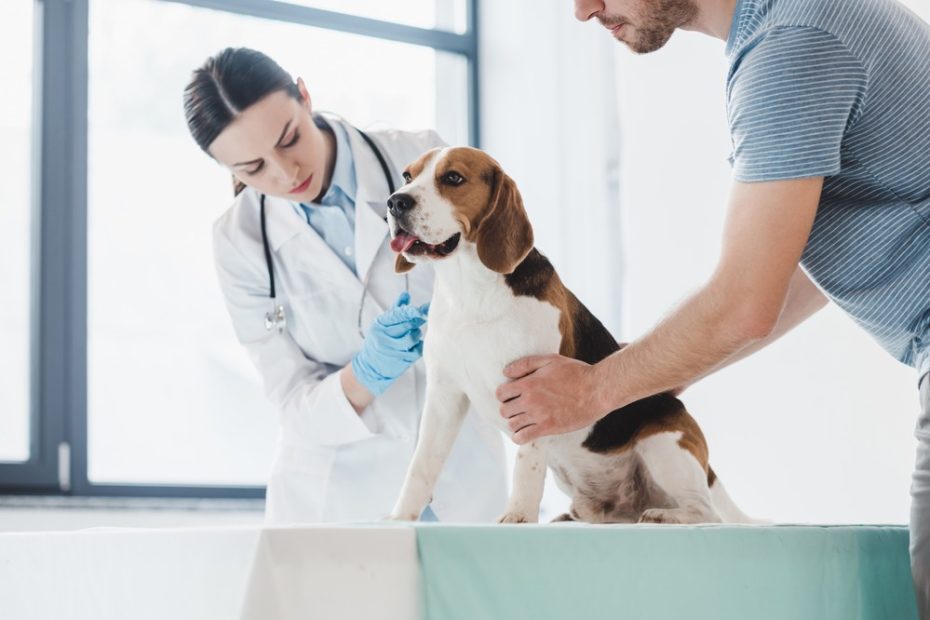A veterinarian clinic, also known as a veterinary clinic or animal clinic, is a healthcare facility dedicated to providing medical care for animals. These clinics are staffed by licensed veterinarians, veterinary technicians, and support staff who specialize in diagnosing, treating, and preventing illnesses and injuries in a wide range of animal species, including pets, livestock, and exotic animals. Here are some key aspects of the Veterinarian Clinic in Houston TX:
- Medical Services: Veterinarian clinics offer a variety of medical services to address the health needs of animals. This includes routine wellness exams, vaccinations, parasite control, dental care, diagnostic testing (such as bloodwork, imaging, and urinalysis), surgery, emergency care, and specialized treatments for various health conditions.
- Preventive Care: Preventive care is an essential component of veterinary medicine aimed at maintaining animals’ health and preventing disease. Veterinarian clinics provide services such as vaccinations, parasite control (flea, tick, and heartworm prevention), wellness exams, nutritional counseling, and behavior consultations to help keep animals healthy and happy.
- Emergency and Critical Care: Many veterinarian clinics offer emergency and critical care services for animals experiencing sudden illness, injury, or medical emergencies. These facilities are equipped with diagnostic tools, treatment options, and surgical capabilities to provide immediate care and stabilization for animals in crisis.
- Surgical Services: Veterinarian clinics perform a wide range of surgical procedures, including spaying and neutering, soft tissue surgery, orthopedic surgery, tumor removal, and emergency surgery for trauma cases. Veterinary surgeons and anesthetists oversee surgical procedures to ensure the safety and well-being of the animals.
- Diagnostic Capabilities: Veterinarian clinics are equipped with advanced diagnostic equipment and technology to aid in the diagnosis and treatment of medical conditions. This may include digital radiography (X-rays), ultrasound, endoscopy, laboratory testing (bloodwork, urine analysis, etc.), and advanced imaging modalities like CT scans and MRI.
- Specialized Care: Some veterinarian clinics offer specialized veterinary services to address specific medical needs or conditions in animals. This may include internal medicine, dermatology, ophthalmology, oncology, cardiology, neurology, and alternative therapies such as acupuncture and physical rehabilitation.
- Client Education: Veterinarian clinics provide educational resources and guidance to pet owners on topics such as nutrition, behavior, parasite prevention, grooming, and overall wellness. Veterinarians and veterinary technicians offer personalized recommendations and advice to help pet owners make informed decisions about their pets’ care.
- Compassionate Care: Veterinarian clinics prioritize compassionate and empathetic care for both animals and their owners. Veterinary professionals strive to create a supportive and nurturing environment where animals and their families feel comfortable, respected, and cared for during their visit.
Overall, veterinarian clinics play a vital role in promoting the health and well-being of animals by providing comprehensive medical care, preventive services, emergency treatment, and specialized care tailored to the unique needs of each patient. By partnering with a trusted veterinarian clinic, pet owners can ensure that their furry, feathered, or scaled companions receive the highest quality of veterinary care throughout their lives.
